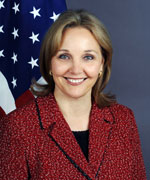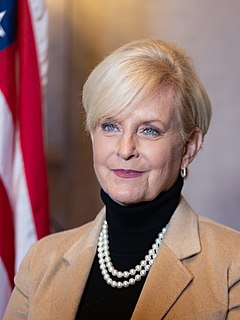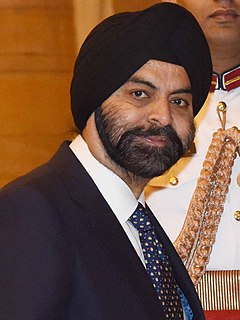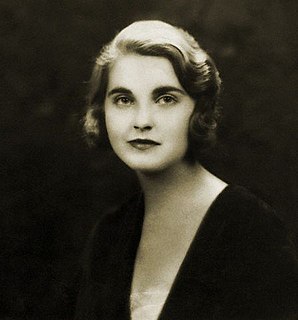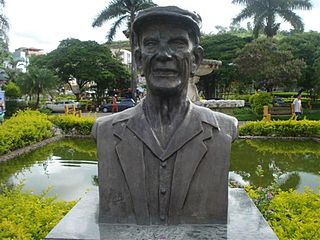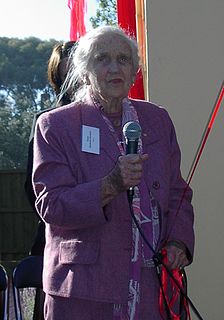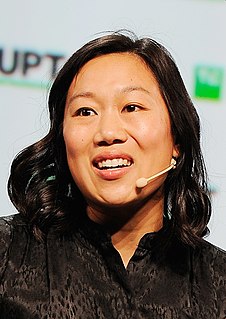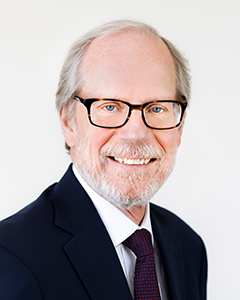A Quote by Melinda Gates
Poverty disproportionately affects women around the world.
Related Quotes
I am Catholic, I was raised Catholic, I am a practicing Catholic. But I say we need to agree to disagree. We have a shared mission around poverty, and I focus on that, because we do a lot with the Catholic Church around poverty alleviation. I'm always looking for: what is the common thread? What do we care about? What do we believe in? We believe in women around the world. We believe in all lives have equal value.
My faith is an enormous motivator for me to engage as well, because climate change is not just an issue that affects the entire planet, it is one that disproportionately affects those who do not have the resources to cope with this change - those whom we are explicitly told as Christians to care for.
Women represent 70 percent of the 1.3 billion people in our world who live in absolute poverty. Consequently, as Joan Holmes, president of the Hunger Project, points out, any realistic efforts to change patterns of chronic hunger and poverty require changing traditions of discrimination against women.


